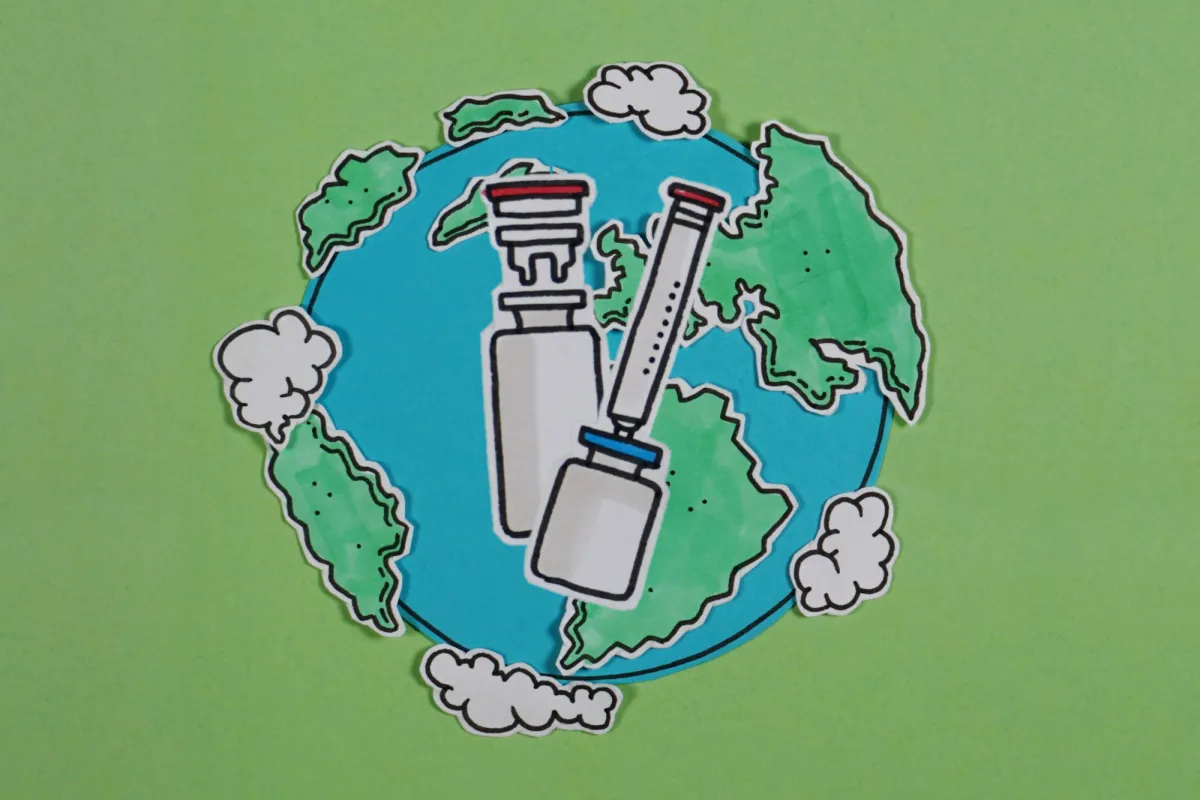In September 2022, the annual Pharmaceutical Technology Excellence Awards and Rankings were announced. The event celebrates the innovation and achievements within the global pharmaceutical industry, highlighting outstanding companies and institutions across a number of categories.
This year, Datwyler was delighted to be commended in the Environmental category for the second year in a row. The award recognizes companies that have made a significant effort to reduce their environmental impact. In the words of the Awards organizers:




